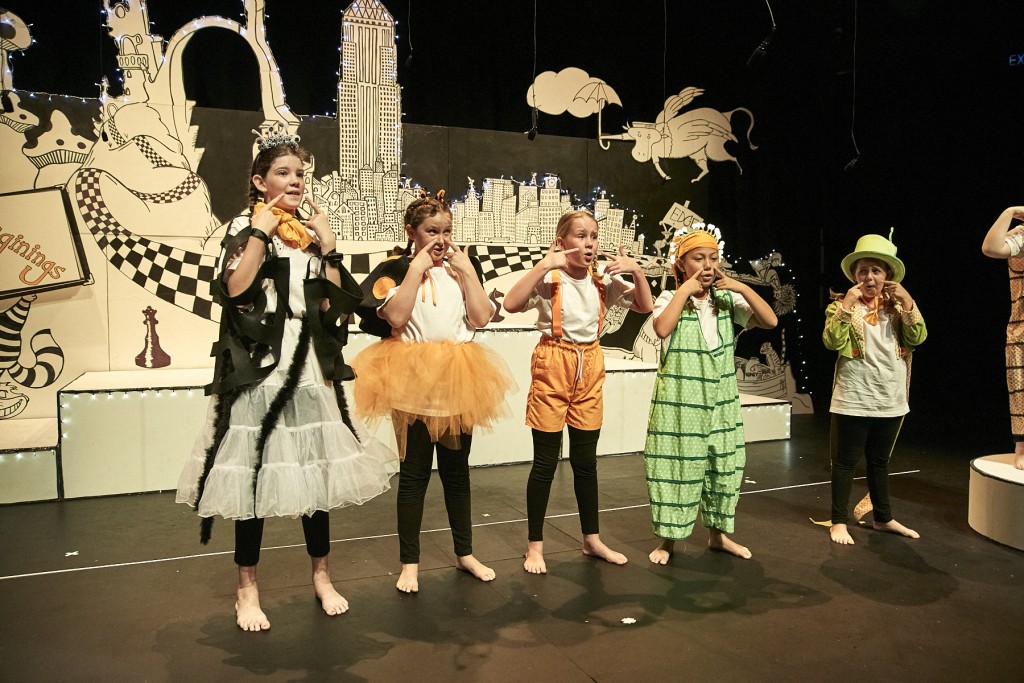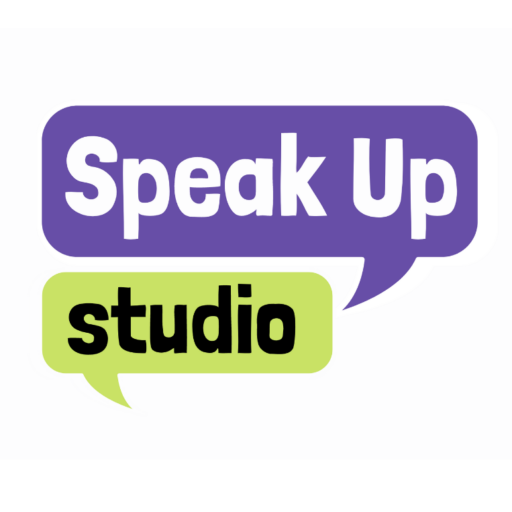
28 Apr How to practise Speech and Drama at home
To think that in eight short weeks in a term we will have covered so many things; including multiple poems, tongue twisters, performing sections of scenes and having fun along the way! Since we have several performance opportunities we have to practise for throughout the year, we thought we’d put together some tips on how to practise Speech and Drama at home.
1. Repeating Lines
When practising at home, try saying lines one at a time with your child, getting them to repeat it back to you. Be aware of the energy of their piece and the pauses and infliction; expression creates interest, which makes the performance piece come alive for the audience.
2. Question Time
On each line, try to ask a question to get your child to really understand their performance piece. Ask questions like:
What face will you make while you’re saying that?
What will change about your voice?
Will it be louder or softer, higher or lower, faster or slower?
3. What Does That Mean?
When going through the pieces, take note of any words that your child may be struggling to say. Do they understand what the word means? What about trying it in another sentence? Although we go through the words in class, it can be easy to forget a word and it’s meaning if we don’t use it every day!
4. Game Time
Sometimes things like our tongue twisters can be difficult for children to get through without becoming upset or frustrated! To avoid feelings of giving up, try going through the tongue twister with them, showing them it’s okay to make mistakes as we can make them too! After trying it a few times slowly, try playing a game to see who can say it clearly and quickly the most times. When fun is involved, the frustration of not getting it right doesn’t seem so bad anymore (and they’ll get more excited when it finally falls into place!)
5. Sounds
If you are aware of any sounds your child may be struggling with, try breaking down the word into parts and then putting them back together. For example:
Then. Th-e-n, th-en, then, then!
Start slowly, then put the word beside other words, and eventually try the word in a sentence.

6. Art Attack
Some children are more “visual learners”. Try getting them to draw a picture next to their piece, illustrating what it means to them. They could draw their favourite moment in the story. Getting creative can help them with their expression and understanding of their pieces.
7. Projection
If your child is sitting close to you during practice, they are likely to use a low volume with their voice. To encourage vocal projection, invite your child to stand further away from you, so their voice has further to go! We like to remind our students to use a “strong” voice, not a “shouty” voice when performing.
8. Lights, Camera, Action!
It can be a challenge for a child to remember all the words they need to learn, especially when there is more than one piece to perform. To help combat this, try to get your child to remember some of the creative actions we use in class. As they remember the actions, it will help them to recall their timing and placing of the poem verses.
9. Positive Comments, please
Mistakes are celebrated here at Speak Up, as it shows that our students have “had a go” and tried their best. Make sure to always respond positively to any attempts at practise. Your child will watch your face to see how you react, so let your facial expression be happy, scared and surprised at appropriate moments throughout the piece.
10. Be The Teacher
A great way to learn something, is to teach someone to do it too! Invite your child to be the expert and to teach you a part of their piece, their actions, the dance moves, or something about Speech and Drama – you will be amazed at how much they know!
We look forward to having so much fun learning and experiencing new things with all our students, creating fond memories and saying (and doing) silly things that encourage us to be confident in who we are, being able to communicate in a fun and effective way, explore and expand our creativity and enjoy our time together. Throughout the term we will be working hard learning lines and dance moves, so please take a seat and enjoy the show!

